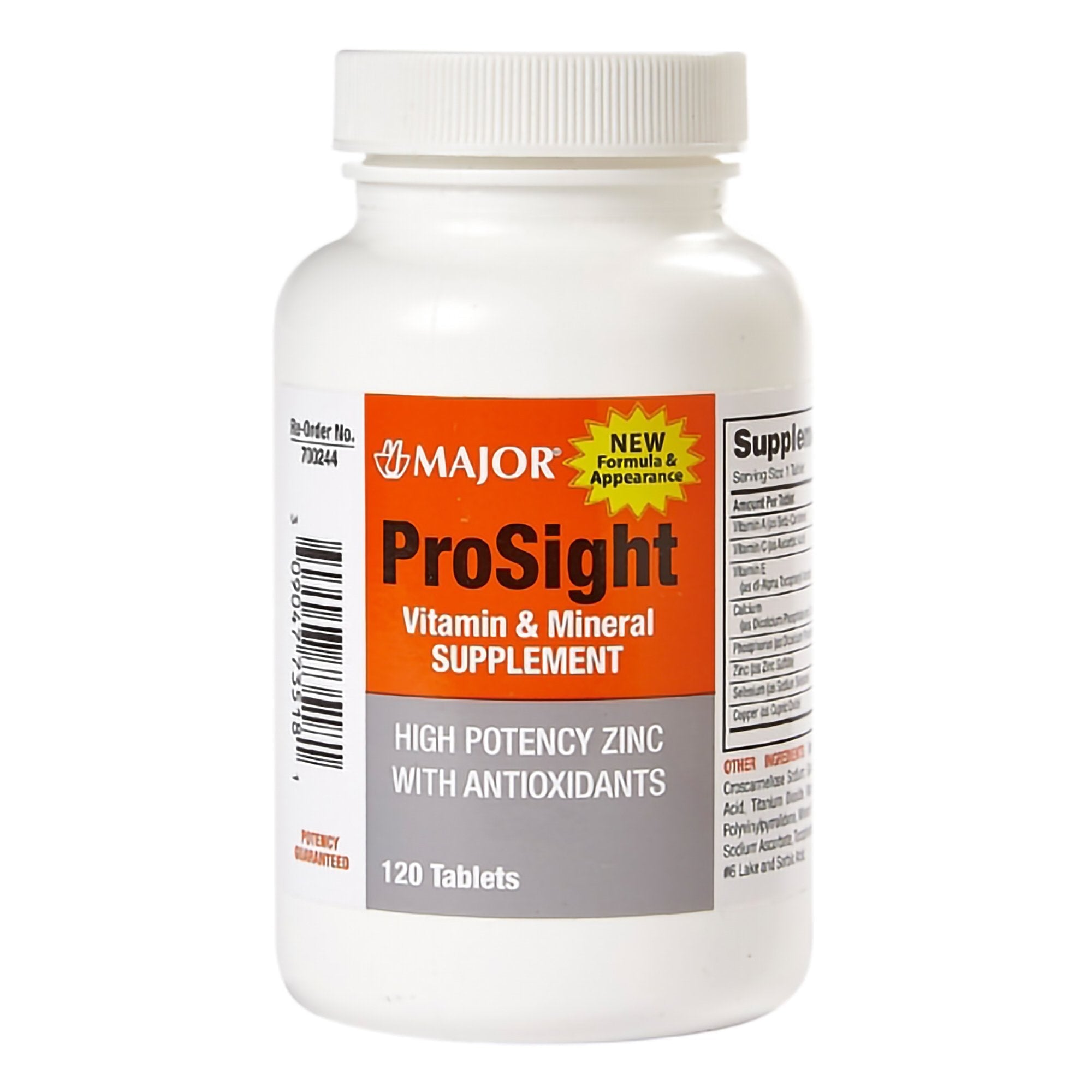What is vitamin A and what does it do?
Vitamin A is a fat-soluble vitamin essential for numerous bodily functions. It is crucial for:
- Vision: It helps produce pigments in the retina, allowing for good vision, especially in low light.
- Immune function: It supports the immune system by aiding the growth of immune cells that fight off infections.
- Reproduction: Vitamin A is vital for both male and female reproductive health.
- Organ function: It helps the heart, lungs, kidneys, and other organs function correctly
Skin health: It is important for the growth and repair of skin tissue and helps maintain healthy skin and mucous membranes.
What are the different forms of vitamin A?
There are two main forms of vitamin A found in food:
Preformed vitamin A (retinol): Found in animal products like meat, fish, eggs, and dairy. The body can use this form directly.
Provitamin A carotenoids: Found in plant-based foods such as fruits and vegetables. The body converts these compounds, like beta-carotene, into an active form of vitamin A.
Which foods are good sources of vitamin A?
You can get vitamin A from both animal and plant-based foods:
- Animal sources: Liver and other organ meats, salmon and herring, cod liver oil, eggs, and fortified dairy products like milk and cheese.
- Plant sources (high in beta-carotene): Sweet potatoes, carrots, spinach, kale, broccoli, pumpkin, cantaloupe, and mangoes.
What are the symptoms of a vitamin A deficiency?
A vitamin A deficiency is rare in developed countries but can lead to health problems if it occurs. The most common symptoms include:
- Eye and vision problems: Night blindness (difficulty seeing in low light), dry eyes (xerophthalmia), or, in severe cases, blindness.
- Immunity problems: A higher risk of infections, particularly respiratory illnesses.
- (xerophthalmia), or, in severe cases, blindness.
- Immunity problems: A higher risk of infections, particularly respiratory illnesses.
- Skin issues: Dry, scaly, or bumpy skin.
- Other symptoms: Delayed growth in children, infertility, and poor wound healing.
Can you take too much vitamin A?
Yes, it is possible to take too much preformed vitamin A, which can be toxic. Because vitamin A is fat-soluble, excess amounts are stored in the liver and can build up over time.
- Acute toxicity: Consuming a single, extremely large dose can cause nausea, vomiting, headaches, and dizziness.
- Chronic toxicity: Taking high doses over a prolonged period can lead to dry skin, hair loss, liver damage, blurred vision, and bone or joint pain.
- Toxicity from plant sources: Consuming large amounts of beta-carotene from food is not toxic and will not cause an overdose. Excess beta-carotene can harmlessly cause the skin to turn a yellowish-orange color.
- Warning for smokers: Smokers and former smokers should avoid high-dose beta-carotene supplements, as some studies have linked them to an increased risk of lung cancer.
Who should be cautious with vitamin A supplementation?
Certain groups should be cautious with vitamin A supplements and consult a doctor:
- Pregnant women: Taking too much preformed vitamin A can cause birth defects.
- Individuals with certain medical conditions: People with liver disease, Crohn's disease, or cystic fibrosis may have trouble absorbing or processing vitamin A and
- People on specific medications: Vitamin A supplements can interact with certain drugs, including the weight-loss medication orlistat and retinoid medications for skin conditions.
Do I need a vitamin A supplement?
Most people can get enough vitamin A by eating a healthy, balanced diet rich in colorful fruits and vegetables, animal foods, and fortified products. Supplements are typically only necessary if you have a diagnosed deficiency or a medical condition that affects absorption. Always talk to a healthcare professional or registered dietitian before starting any new supplement.







